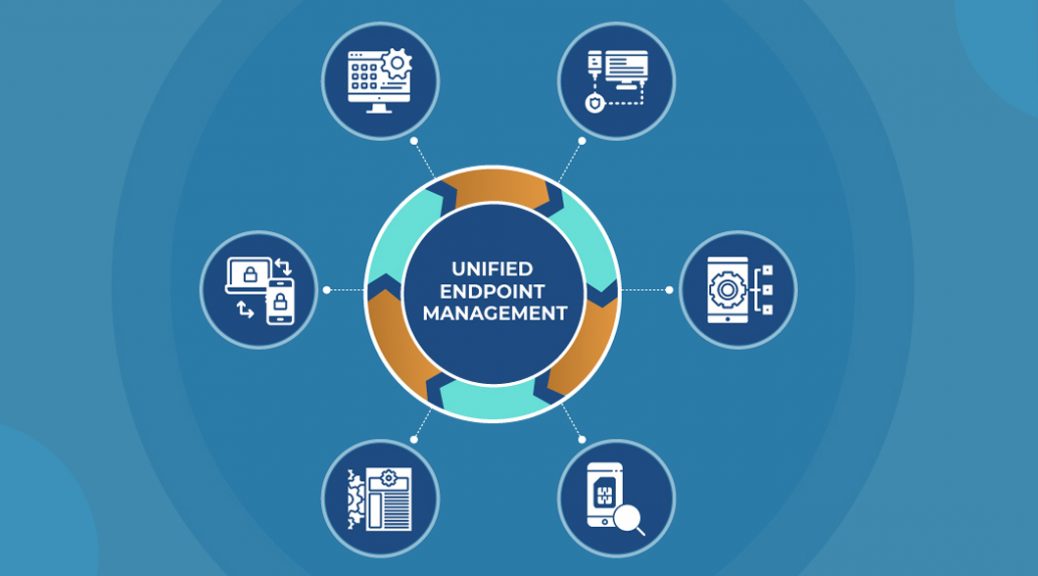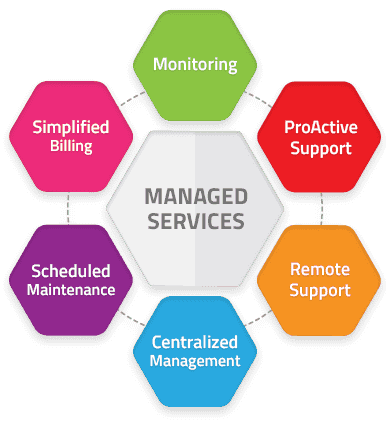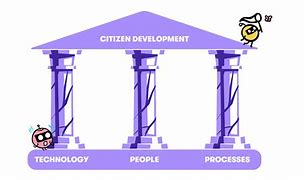Top 9 Benefits of Workflow Automation You Need to Know
The Status Quo Remaining relevant in a constantly changing and challenging environment is no easy task in today’s business landscape. Competition is fierce, innovation is everywhere, and change is the only constant. Organizations must continue to innovate to survive amid ongoing challenges.
What can an organization and its stakeholders do to remain relevant?
A practical approach would be to find ways to eliminate inefficiencies, redundancy, and bottlenecks, organizing the company to stay viable and sustainable.
How can this be achieved? One way is by digitizing and automating organizational processes, including workflow automation, to ensure the organization’s viability.
What is Workflow Automation?
Workflow automation refers to executing workflows with software rather than manual and repetitive efforts. This ensures efficient workflow management, optimizes task management, digitizes data entry, and increases throughput of business processes.
The Need for Workflow Automation
You need workflow automation for the following reasons:
The Need for Viability
To keep an organization economically relevant, and even to maintain the status quo, it must embrace modern digitalization methods. Workflow automation is crucial to staying viable and relevant.
The Need for a Competitive Advantage
Businesses are continuously innovating. To stay ahead, it is essential to transition from outdated methods to full digitalization. Workflow automation provides the necessary competitive edge over companies still using outdated work methods.
The Need for Accuracy
Accuracy is crucial in business processes. Manual processes are prone to human error. Workflow automation, which uses digital systems, guarantees a high level of precision, minimizing mistakes.
Reducing Repetitive Tasks
Many business processes are repetitive, such as data entry. This wastes valuable time and reduces productivity. Workflow automation software helps carry out these tasks more efficiently, improving the overall throughput of processes.
The digital revolution has made manual processes obsolete. The need to stay viable, competitive, and minimize error margins highlights the importance of workflow automation.
Benefits of Workflow Automation
An organization that implements workflow automation will enjoy several benefits:
Benefit 1: Increased Efficiency
By processing business data digitally, workflows become more efficient. The elimination of human error and task automation increases productivity and reduces waste.
Benefit 2: Better Accuracy
Manual processes often lead to errors. Digitalization streamlines workflows and ensures a high degree of accuracy.
Benefit 3: Improved Employee Productivity
By automating repetitive tasks, employees have more time for strategic and creative work, which increases productivity.
Benefit 4: Data Insights
Organizations generate large amounts of data. Workflow automation provides tools for data analysis and visualization, enabling companies to gain valuable insights and make better-informed decisions.
Benefit 5: Accelerated Growth
Automation increases process throughput and accelerates business growth, allowing the organization to respond more efficiently to customer and stakeholder needs.
Benefit 6: Guaranteed Viability
Staying updated with technological developments helps organizations remain competitive. Workflow automation reduces operational costs and improves a company’s financial stability.
Benefit 7: Improved Customer Experience
Automation reduces turnaround times and improves service quality, leading to better customer experiences and a positive company reputation.
Benefit 8: Increased Employee Satisfaction
Automation reduces the workload of employees and improves their daily work experience, resulting in higher satisfaction and motivation.
Benefit 9: Higher Profitability
An automated workflow increases profitability by optimizing processes and resources. These profits can be reinvested in further growth and innovation.
Workflow automation supports the transition from analog to digital processes, improves operational efficiency, and optimizes performance.
Implementing Workflow Automation
There are various software solutions available to automate repetitive tasks and processes. A complete workflow automation solution can easily transform manual processes into automated workflows.
What is a Workflow Automation Platform?
A workflow automation platform is a collection of tools that automate workflows and business processes.
Types of Workflow Automation Platforms
The most common platforms include:
-
Business Process Management (BPM) suites
-
Robotic Process Automation (RPA) software
-
No-code platforms
-
Low-code platforms
Low-code platforms, like ManageEngine AppCreator, combine ease of use with flexibility, security, and cost-saving benefits. They make advanced workflow automation accessible without requiring extensive technical knowledge.
Best Practices for Workflow Automation
-
Set clear goals: Define what you want to achieve with automation.
-
Analyze existing processes: Identify inefficiencies.
-
Start small: Begin with simple automations before expanding.
-
Involve stakeholders: Ensure alignment with all parties involved.
-
Monitor and optimize: Continuously evaluate and improve workflows.
-
Ensure scalability: Design workflows that can grow with your needs.
-
Focus on usability: Ensure employees can easily use the automation.
-
Test thoroughly: Verify that automated workflows work correctly.
-
Consider compliance and security: Ensure compliance with regulations and data security.
-
Train employees: Ensure employees understand how to work with automated workflows.
Leverage ManageEngine AppCreator for simple and efficient workflow automation and increase your organization’s productivity!

Sign up for our newsletter
Stay updated with our latest products and offers by subscribing to our newsletter

Sign up for our newsletter
Stay updated with our latest products and offers by subscribing to our newsletter






